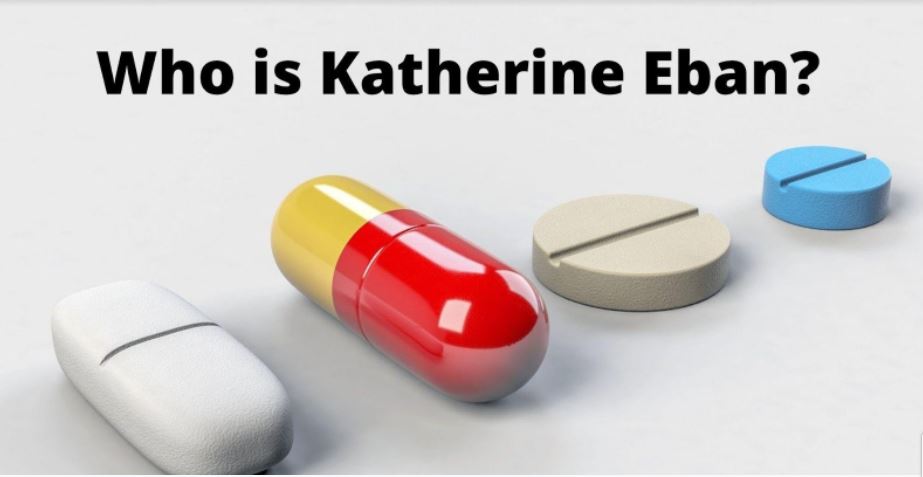Katherine Eban is an investigative journalist and Andrew Carnegie fellow who writes for Vanity Fair. Her publications on pharmaceutical forgery, gun trafficking, and CIA forced interrogation have garnered international attention and multiple accolades.
Eban is a Rhodes Scholar who attended Brown University and Oxford. She lives in Brooklyn with her husband, two kids, and Newfoundland dog Romeo.
Works
Her debut book, Dangerous Doses: a True Story of Cops, Counterfeiters, and the Contamination of America’s Drug Supply, was selected as one of Kirkus Reviews’ Best Books of 2005 and a Barnes & Noble Discover Great New Writers selection. She often gives seminars on the subject of pharmaceutical integrity. Bottle of Lies: The Inside Story of the Generic Drug Boom (Ecco/HarperCollins, May 2019) is a New York Times bestseller and one of the New York Times 100 Notable Books of 2019. The book, based on a decade of investigation, shows widespread fraud and deplorable conditions in the overseas manufacturing sites where the majority of our low-cost generic medication is produced.
Social Media
Read more about the Author here.
Inspiring Talks by Katherine Eban
Interview
Notable quotes
- “In an email to Robertson, the whistleblower Sunny described how Ranbaxy used hidden areas of the plant to store and cover-up testing machines that were not connected to the company’s main computer network.”
- “January 2016, Carla Stouffer, a seventy-one-year-old retiree, would have simply swallowed her daily capsule for high blood pressure, amlodipine/benazepril, were it not for a flash of movement. On closer inspection, she noticed a small, centipede-like bug stuck halfway inside the capsule, alive and wiggling.”
- “That very month, at the St. Louis Children’s Hospital, two young patients experienced strange and alarming symptoms. As they underwent dialysis, a lifesaving procedure to filter blood for those whose kidneys don’t work properly, the patients’ eyes started swelling, their heart rates escalated, and their blood pressure dropped.”
- “the mystery was far from solved. Nobody understood why heparin—which is made from the mucosal lining of pig intestines, most of which come from China—was suddenly making patients sick. In February 2008, the FDA discovered the likely source of the contamination: a Chinese plant supplying crude heparin to Baxter.”
- “investigators had identified Baxter’s heparin as the source of the contamination, and the Changzhou plant is deficient, neither the FDA nor Baxter could find any contaminant in the heparin.”
- “In July 2018, a safety crisis rocked the global drug supply—and seemed to prove Baker’s point. Regulators in Europe announced a harrowing discovery: the widely used active ingredient for valsartan, a generic version of the blood pressure drug Diovan, contained a cancer-causing toxin known as NDMA (once used in liquid rocket fuel).”
- “With her suspicions aroused, Spreen began asking her Indian counterparts to send underlying data that supported their test results. They repeatedly promised that the information was on the way. When it didn’t arrive, she got excuses: it was a “mess,” they’d be “embarrassed.” She begged her colleagues in India, “I don’t care if it’s written on the back of toilet paper. Just send me something.” But no data came. “
- “That sentiment seemed absent, and shockingly so. In a conference call with a dozen company executives, Spreen expressed her fears about the quality of the AIDS medicine that Ranbaxy was supplying for Africa. One of the company’s top medical executives responded, “Who cares? It’s just blacked dying.”
- “No market or type of drug was exempt, including antiretrovirals purchased by the United States and the World Health Organization to fight HIV in Africa. In Europe, the company used ingredients from unapproved sources, invented shelf-life data, tested different formulations of the drug than the ones it sold and made undocumented changes to the manufacturing process.”
- “The report also noted that active pharmaceutical ingredient (API) that failed purity tests had been reblended with good API until it met requirements.”
